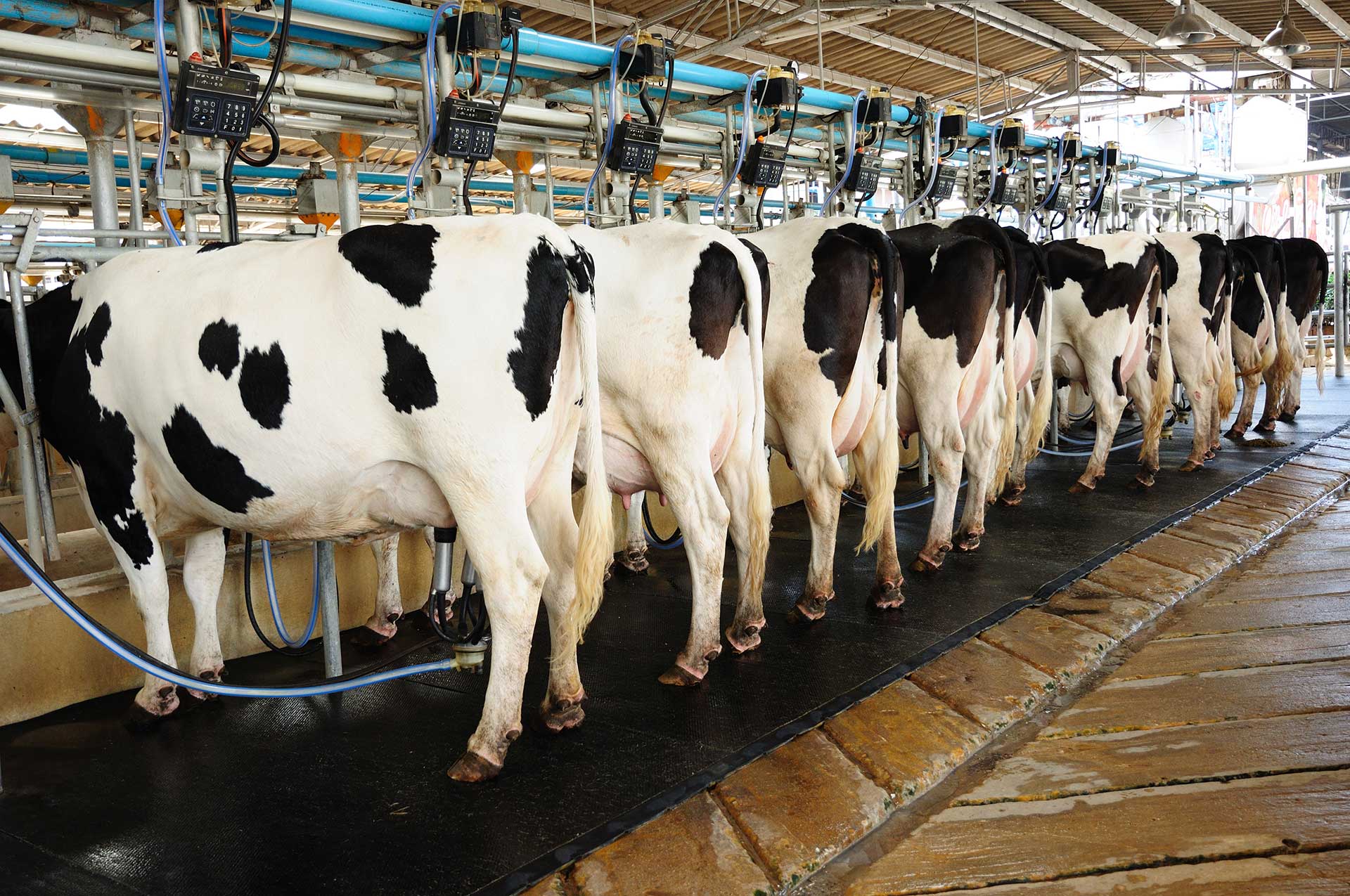Livestock & Dairy Product Testing
The testing of livestock and dairy products is a critical component in ensuring food safety, quality control, and regulatory compliance within the agricultural sector. Whether it's for detecting pathogens, analyzing feed ingredients, or assessing milk composition, accurate and reliable testing plays an essential role in maintaining public health and protecting the reputation of producers.
The livestock and dairy industry encompasses various segments including cattle, sheep, goats, pigs, and poultry. Each segment has unique requirements when it comes to product quality and safety. For instance, dairy products must meet stringent standards for hygiene and composition, while meat products need to be evaluated for fat content, water activity, and microbial load.
In the case of livestock testing, parameters such as body condition score, weight gain rates, and feed efficiency are crucial for optimizing production practices and ensuring animal welfare. These tests help farmers make informed decisions about breeding programs, nutrition plans, and health management strategies. Similarly, milk composition analysis is vital for maintaining the quality and consistency of dairy products.
When it comes to laboratory testing methods, several techniques have been standardized by international bodies like ISO (International Organization for Standardization) and ASTM International. For example, ISO 14285 specifies procedures for sampling and analysis of raw milk, while ASTM D3760 provides guidelines for determining the fat content in dairy products.
The choice of testing methods depends on the specific needs of the business or research project. In some cases, high-throughput screening may be necessary to process large volumes of samples quickly. Other scenarios might require more precise analytical techniques capable of detecting trace levels of contaminants or additives. Regardless of the approach taken, accuracy and reproducibility are paramount.
Accurate testing not only benefits producers by improving product quality but also enhances consumer confidence in the safety and reliability of agricultural products. By adhering to best practices and using cutting-edge technology, laboratories can deliver results that meet both national and international standards.
Benefits
- Enhanced Product Quality: Accurate testing ensures consistent product quality across batches, which is essential for maintaining customer satisfaction.
- Promotes Regulatory Compliance: By meeting regulatory requirements, businesses can avoid costly penalties and maintain a positive reputation.
- Informed Decision-Making: Data-driven insights from thorough testing enable better decision-making regarding production processes and ingredient sourcing.
- Safety Assurance: Detecting harmful substances or pathogens early helps protect both consumers and livestock from potential health risks.
Why Choose This Test
Selecting the right testing method is crucial for achieving accurate results that are reliable and repeatable. In choosing our laboratory services, you benefit from experienced professionals who understand the nuances of each test type. Our state-of-the-art facilities equipped with advanced instrumentation provide precise measurements that can be trusted.
Our team follows stringent protocols to ensure data integrity throughout every step of the testing process—from sample preparation to final analysis. This commitment to quality extends beyond just technical proficiency; it also includes ongoing training and certification updates to stay current with industry trends and advancements.
We pride ourselves on delivering timely reports tailored specifically for your unique needs, whether you require detailed breakdowns or summarized overviews of findings. With us, you gain access not only to top-notch equipment but also expert interpretation that translates complex scientific data into actionable recommendations.
Quality and Reliability Assurance
- Certification Compliance: Our laboratories adhere strictly to relevant international standards such as ISO 9001 for quality management systems, ensuring that all procedures meet rigorous requirements.
- Digital Data Management: Utilizing secure cloud-based platforms ensures safe storage and easy retrieval of test results while minimizing human error during record-keeping processes.
Our robust quality assurance framework includes regular internal audits conducted by independent third parties. These assessments help identify areas for improvement, reinforcing our dedication to excellence in every aspect of testing services offered.





